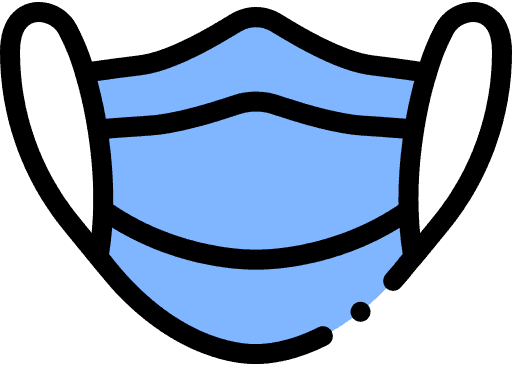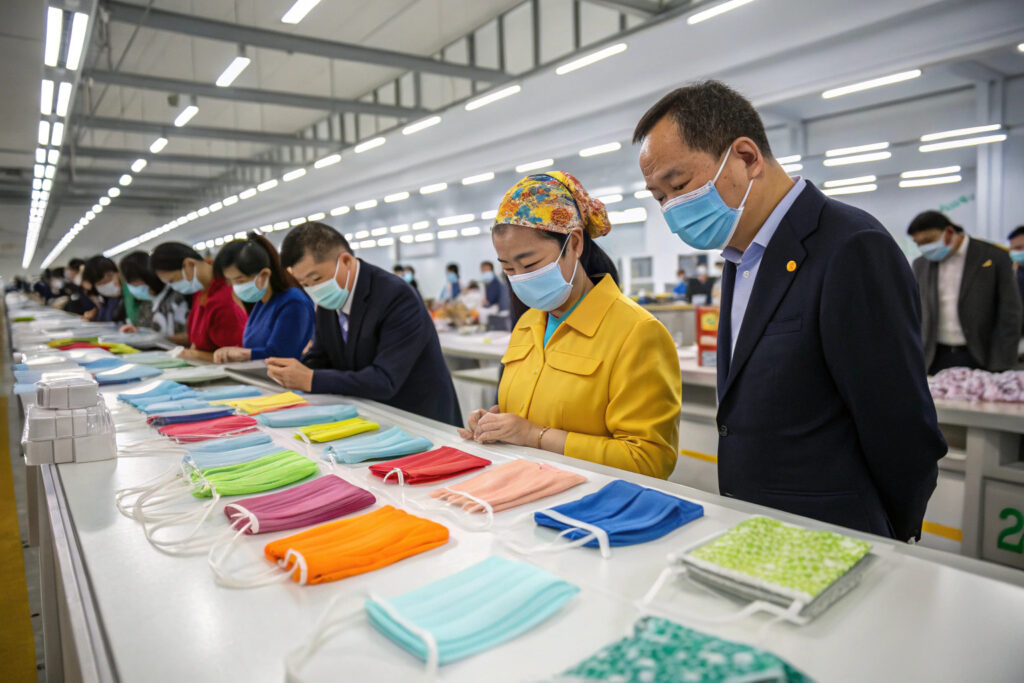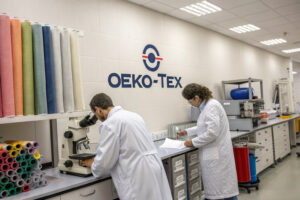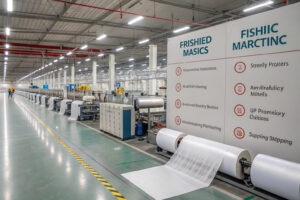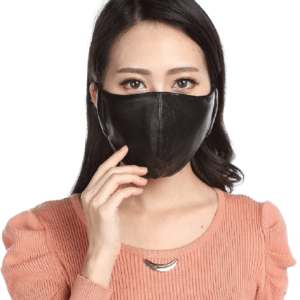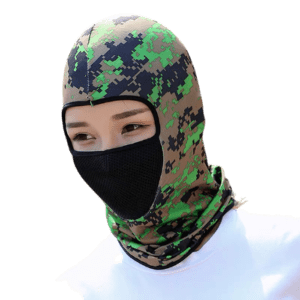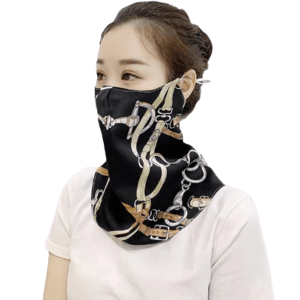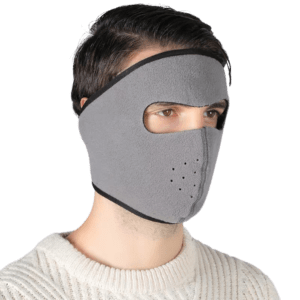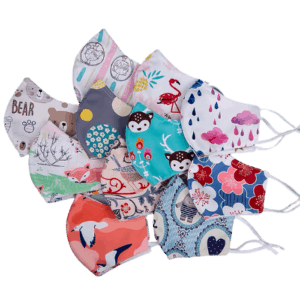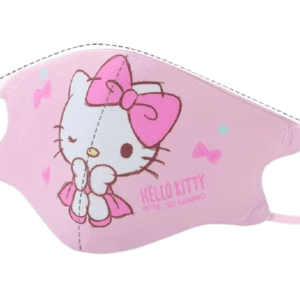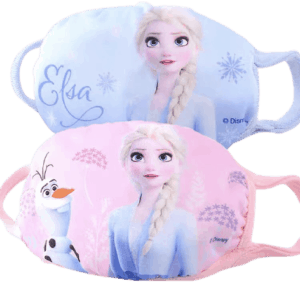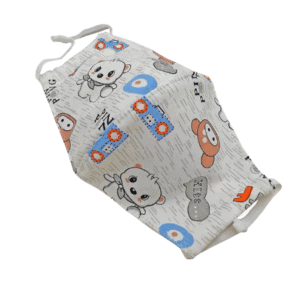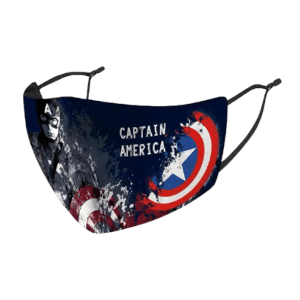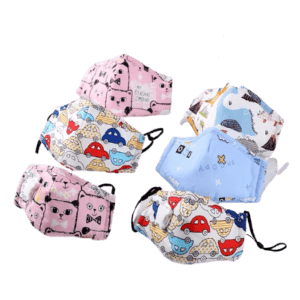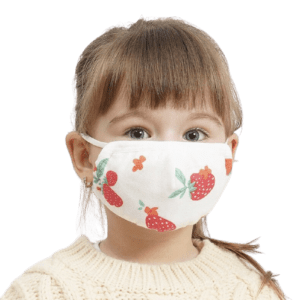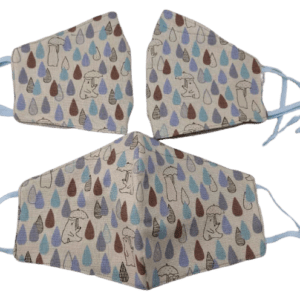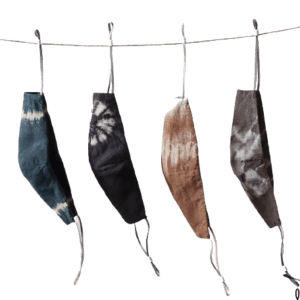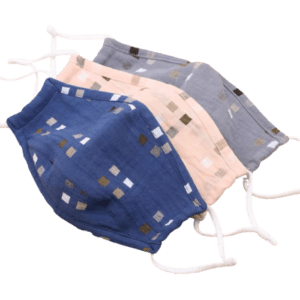When it comes to sourcing multi-pack everyday fabric face masks, buyers face a balance between cost efficiency, quality, and supply chain reliability. In today’s global market, demand for these products continues to grow, but so do the expectations from consumers regarding comfort, safety, and sustainability. Over the years, I’ve seen countless clients—from large retailers to niche e-commerce brands—struggle with the same challenges: how to secure high-quality products at competitive prices while meeting strict timelines and compliance standards.
The best practice is to partner with a manufacturer who offers end-to-end solutions, including material sourcing, product development, quality control, and logistics. This not only reduces communication gaps but also ensures consistency in quality. By leveraging an integrated supply chain, you can minimize lead times, avoid costly mistakes, and respond quickly to market shifts.
In the following sections, I will share tried-and-tested strategies for sourcing multi-pack fabric face masks that meet both market demand and brand values, drawn from our decade of experience serving over 50 countries.
Understanding Quality Standards for Multi-Pack Fabric Masks
Quality is the foundation of any successful mask sourcing strategy. Retailers and distributors know that poor quality leads to returns, negative reviews, and long-term damage to brand reputation. In my experience, buyers who clearly define their product specifications upfront avoid most quality pitfalls.
The key is to establish clear, measurable standards before production begins. These should include fabric weight (GSM), filtration capability, colorfastness, shrinkage rates, and fit comfort. For multi-pack products, consistency across each piece in the pack is critical—any variation in size or stitching will be noticed by customers.
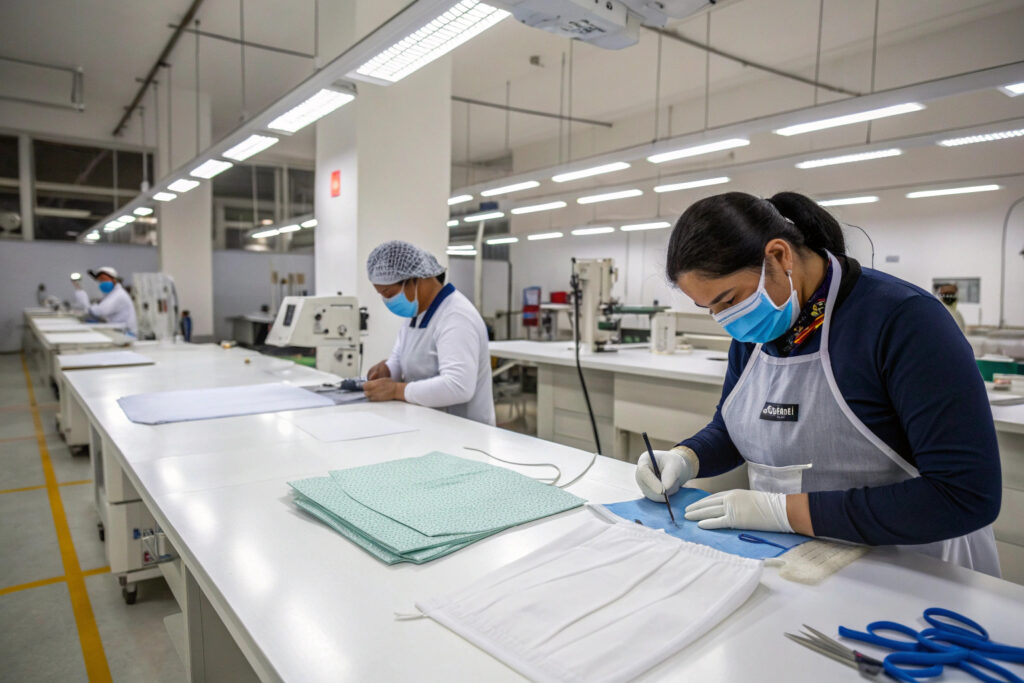
How to Verify Fabric Compliance Before Mass Production?
Before production, request OEKO-TEX Standard 100 or similar certification to ensure the masks are safe for skin contact. This step is crucial if your target market includes regions with strict safety regulations. Additionally, consider working with a third-party lab for pre-production testing of breathability and filtration performance. Even small deviations can impact user comfort and safety, which can lead to returns or complaints.
How to Maintain Consistency Across Multi-Pack Units?
To ensure consistency, your supplier should implement batch-level quality checks, including AQL inspection methods. Random sampling within each batch can catch inconsistencies early. For high-volume orders, digital tracking through QR codes on packaging can help monitor production dates, fabric lots, and inspection results.
Choosing the Right Packaging and Labeling for Multi-Packs
Packaging is more than just a container—it’s the first physical interaction customers have with your product. Multi-pack items must be packaged in a way that protects the masks, conveys brand identity, and complies with local retail regulations.
The best approach is to choose materials that balance durability with environmental responsibility. Many markets now expect recyclable or biodegradable packaging, and brands using such options gain a competitive edge.
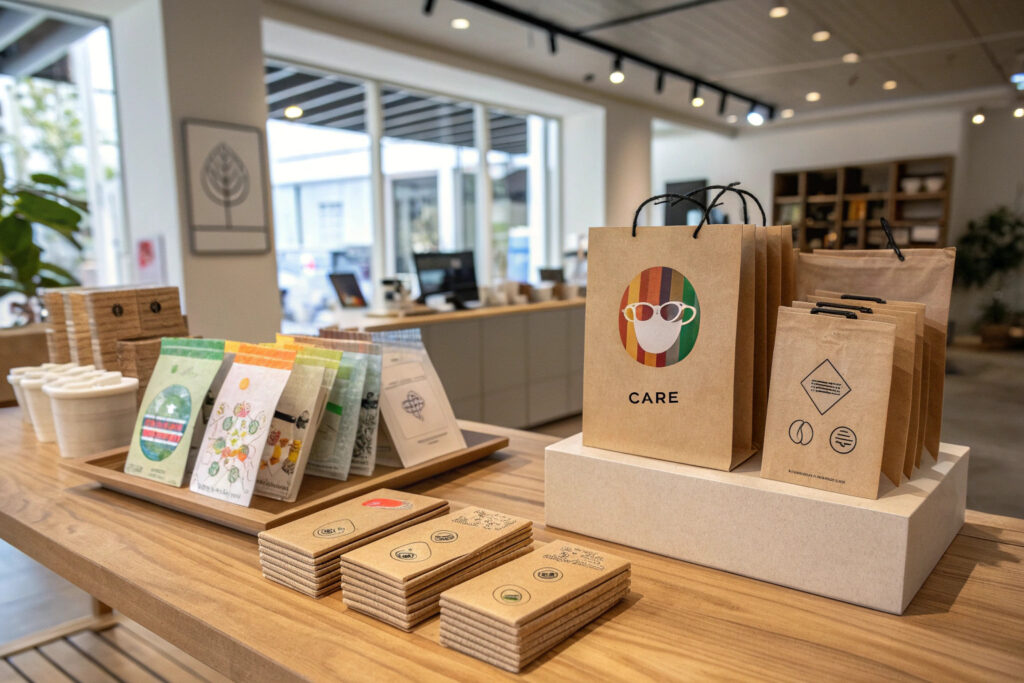
Which Packaging Materials Offer the Best Protection and Appeal?
For retail-ready multi-packs, biodegradable PLA bags or recycled cardboard boxes are popular. They not only protect the masks during shipping but also project a sustainable image. Transparent windows can showcase the mask designs, enhancing customer appeal without opening the package.
How to Ensure Labels Meet International Requirements?
Labels should include fiber content, country of origin, care instructions, and any relevant certifications such as BSCI or GOTS for organic materials. If selling in multiple regions, multilingual labels are advisable. Always verify label compliance with your importer or customs broker before shipping to avoid costly relabeling.
Managing Supply Chain and Logistics for Multi-Pack Orders
Even with great products, delays or logistics failures can ruin a sourcing plan. For multi-pack mask orders, timing is especially critical due to seasonal sales cycles and replenishment needs.
The most reliable strategy is to work with suppliers who have proven export experience and established freight forwarding partners. This ensures your goods move smoothly from factory to port to final destination.
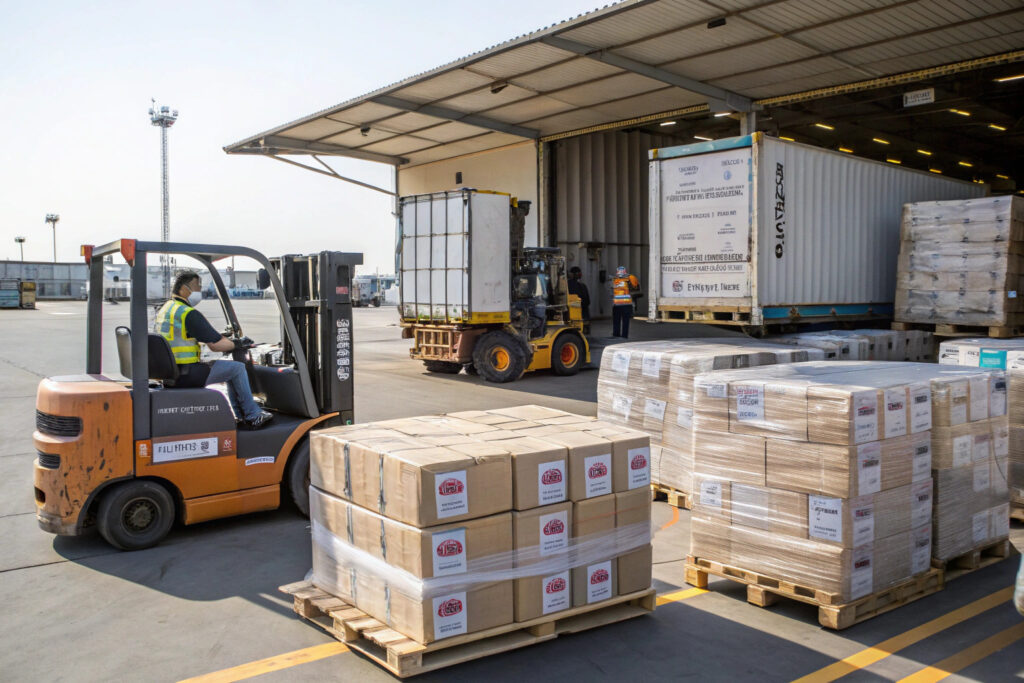
How to Avoid Shipping Delays for Bulk Mask Orders?
Plan for buffer time, especially during peak shipping seasons. Work with suppliers who can offer multiple incoterms (FOB, DDP, EXW) and have relationships with multiple carriers. This flexibility can help you secure space even when capacity is tight.
What Customs Documentation Is Essential for Multi-Packs?
Essential documents include the commercial invoice, packing list, bill of lading, and any required certificates of origin. If your masks include antimicrobial treatments, you may need additional regulatory clearance. Clarify these requirements before production to avoid clearance delays.
Building Long-Term Partnerships with Mask Suppliers
A strong supplier relationship can mean the difference between a smooth supply chain and constant headaches. Long-term partnerships bring better pricing, priority production slots, and more collaborative product development.
The most effective approach is to invest in the relationship, not just the transaction. This includes regular communication, mutual problem-solving, and joint planning for new product lines.
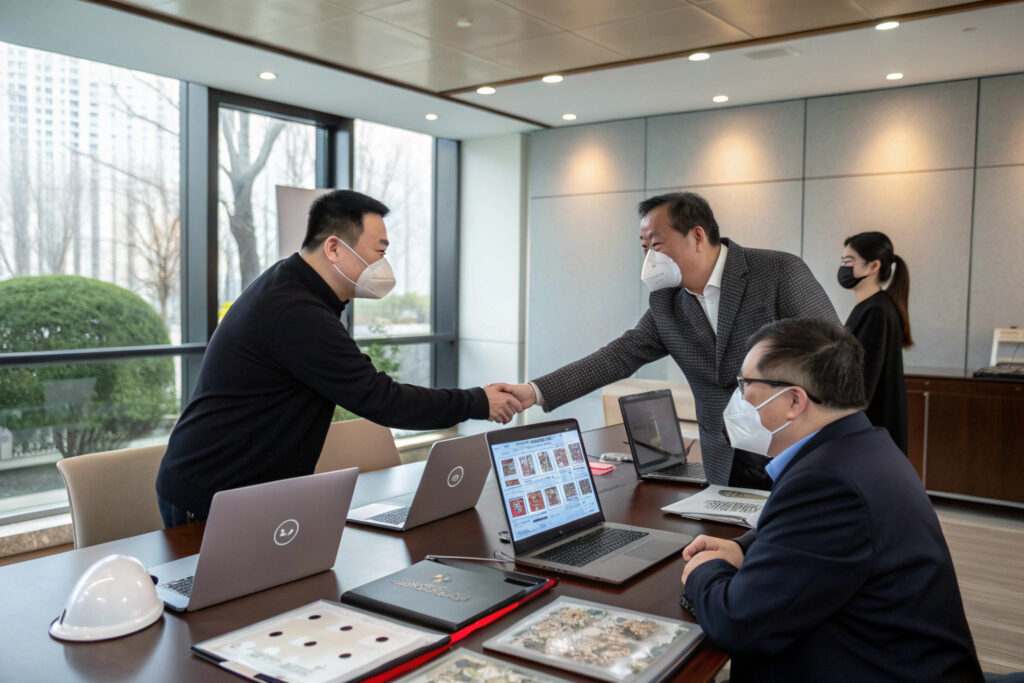
How to Negotiate Favorable Terms for Multi-Pack Orders?
Offer volume commitments in exchange for better pricing or payment terms. Many suppliers will provide discounts for long-term contracts or repeat orders. Resources like Alibaba’s Supplier Verification can help you identify reputable partners.
How to Foster Innovation in Product Development?
Encourage suppliers to share their latest designs and fabric technologies. By giving them insight into your market trends, they can propose ideas you might not have considered. Participating in joint R&D projects can lead to exclusive designs that set your brand apart. Check industry platforms like Textile World to stay updated on new materials.
Conclusion
Sourcing multi-pack everyday fabric face masks requires more than just finding a factory—it’s about building a reliable, compliant, and efficient supply chain. By focusing on quality standards, sustainable packaging, strong logistics, and long-term partnerships, you can create products that meet consumer expectations and drive brand loyalty.
If you are ready to bring your own multi-pack fabric mask designs to life, partner with us at Shanghai Fumao. Our Business Director, Elaine, is ready to guide you through the process from concept to delivery. Contact her today at elaine@fumaoclothing.com to start your next successful order.
